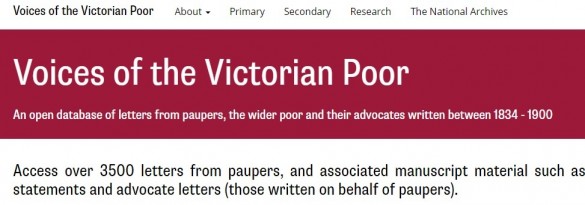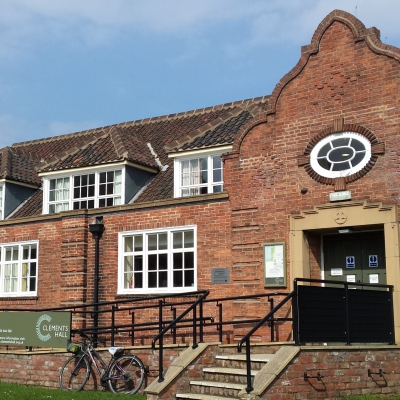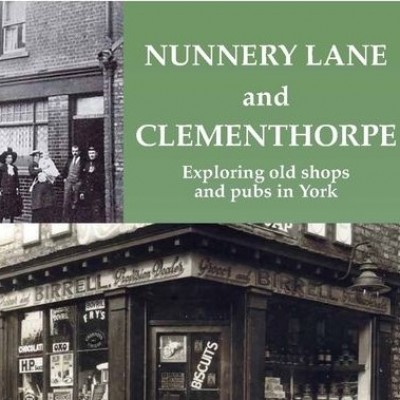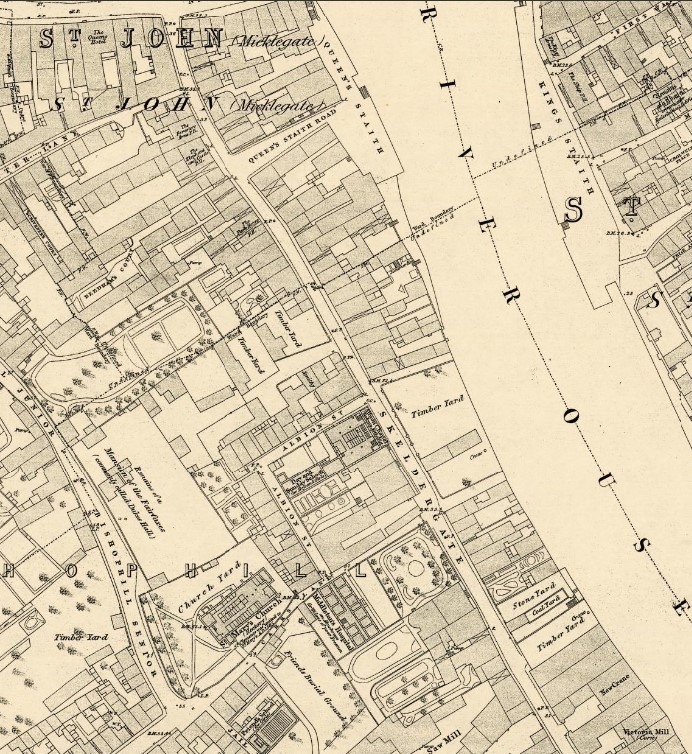22nd March 2023
Voices of the Victorian Poor: speaking for themselves
Dick Hunter from our Poverty Research Group tells us about an important new online resource from the National Archives, now available for research and teaching about the lives of the Victorian poor during the period 1834-1900. This is at www.victorianpoor.org.





